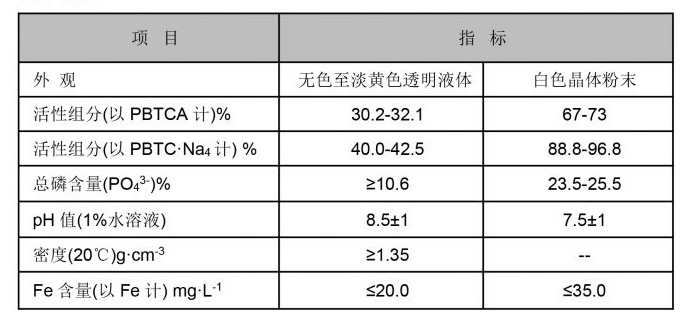coagulants and flocculants in water treatment
The treatment of water is a critical process that ensures the provision of safe and clean drinking water, as well as the protection of aquatic ecosystems. Among the various methods employed in water treatment, the use of coagulants and flocculants has proven to be particularly effective. This article explores the role of these substances in the water treatment process, their mechanisms, and their applications.
Coagulants are chemical substances that promote the aggregation of fine particles into larger clusters, known as flocs. This process, known as coagulation, is essential for removing suspended solids, colloids, and other impurities from water. Common coagulants include aluminum sulfate (alum), ferric chloride, and polyaluminum chloride. These substances work by neutralizing the negative charges that repel particles in the water, allowing them to come together and form larger, more easily removable particles.
Flocculants, on the other hand, are substances that assist in the agglomeration of these flocs, promoting their sedimentation and subsequent removal from the water. They are typically high-molecular-weight polymers that help to bind the flocs together, enhancing the settling process. Flocculants can be either organic or inorganic and are chosen based on the specific characteristics of the water being treated.
The combination of coagulants and flocculants is crucial in achieving high efficiency in water treatment processes. In many cases, the use of coagulants alone may not suffice, especially when dealing with very fine particles or specific contaminant types. Flocculants enhance the effectiveness of coagulants by further improving the size and density of the flocs, facilitating easier removal during sedimentation or filtration stages.
coagulants and flocculants in water treatment

The application of coagulants and flocculants varies depending on the specific treatment objectives and the nature of the water being treated. In municipal wastewater treatment, for instance, these agents are used to remove solids, oils, greases, and organic matter. In industrial applications, they help in clarifying process water and in treating water contaminated with heavy metals or other hazardous substances. Furthermore, in the drinking water industry, coagulants and flocculants are integral to ensuring compliance with health standards by removing pathogens, turbidity, and taste-and-odor compounds.
However, the use of coagulants and flocculants is not without challenges. The selection of appropriate chemicals is crucial, as some coagulants can lead to the formation of sludge that is difficult to handle or can introduce additional contaminants. Additionally, overuse of these agents can result in residual chemicals in the treated water, which may pose a risk to human health and the environment.
To address these challenges, ongoing research focuses on developing more efficient and environmentally-friendly coagulants and flocculants. Natural alternatives derived from plant extracts or biodegradable polymers are being explored to minimize environmental impacts while maintaining effective treatment performance.
In conclusion, coagulants and flocculants play a vital role in water treatment processes, facilitating the removal of impurities and ensuring the delivery of safe drinking water. Their effectiveness in combining and enhancing particle removal underscores their importance in both municipal and industrial applications. As technology advances, the development of more sustainable options will further enhance the efficacy and safety of water treatment methods, contributing to healthier ecosystems and communities.
-
lk-319-special-scale-and-corrosion-inhibitor-for-steel-plants-advanced-solutions-for-industrial-water-systemsNewsAug.22,2025
-
flocculant-water-treatment-essential-chemical-solutions-for-purification-processesNewsAug.22,2025
-
isothiazolinones-versatile-microbial-control-agents-for-industrial-and-consumer-applicationsNewsAug.22,2025
-
scale-inhibitor-key-solutions-for-water-system-scale-preventionNewsAug.22,2025
-
organophosphonates-versatile-scale-inhibitors-for-industrial-water-systemsNewsAug.22,2025
-
scale-and-corrosion-inhibitor-essential-chemical-solutions-for-water-system-maintenanceNewsAug.22,2025





